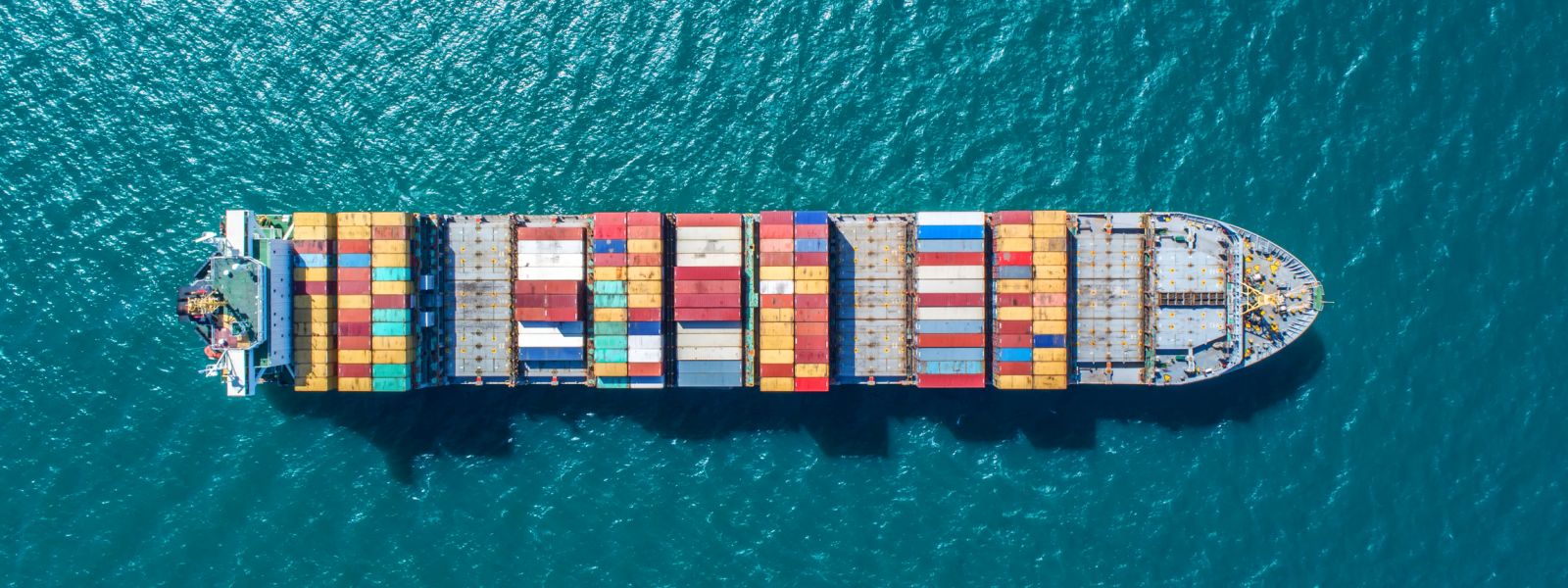
The University of Strathclyde is one of eight partners in a consortium awarded £1.3m to develop a national hydrogen highway network integrating land, sea and ports.
The project, led by the Port of London Authority, was awarded funding through the Smart Maritime Land Operations Call, a Maritime Research and Innovation UK (MarRI-UK) initiative supported by the Department for Transport (DfT).
The research group led by Professor Longbin Tao in the Department of Naval Architecture Ocean and Marine Engineering (NAOME) will lead the assessment of the offshore hydrogen generation capabilities and be a major contributor to autonomous ship design, development of automated mooring/berthing and energy management system.
Other partners include: Newcastle Marine Services, OS Energy, University of Birmingham, University of Kent, ORE Catapult and the Health and Safety Executive.
MarRI-UK is a consortium of British companies, academia and government, to jointly tackle innovation and technology challenges. The centre, offering exciting development opportunities for the UK’s £40bn maritime sector, is hosted by the University of Strathclyde.
Smart maritime
The funding call was launched in November 2020, with organisations from across the UK able to apply for grants to develop mid Technology Readiness Level (TRL) 3-7 technologies. The project was the only one of 19 submissions selected for funding by independent reviewers. Assessment criteria included the impact and benefits for the maritime sector, innovation aspect, strategic fit with Maritime 2050, alignment with MarRI-UK Vision, and value for money.
The funding will help develop technological innovation that enables smart maritime land operations for the UK Maritime, ensure the sustainability of the UK’s maritime industry through collaborative development of innovative technologies to build a world-leading industry that is fit for the future.
The call demonstrates MarRI-UK’s commitment to champion collaboration between companies, academia and Government. The co-ordination of research across the maritime sector, underpinned by Government initiatives and investment will tackle technology and innovation challenges.
In January 2019, the UK Government published Maritime 2050, a strategic vision for the future of the maritime sector, setting out ambitious recommendations to take the industry into the second half of the 21st century.
Underpinning the Maritime 2050 strategy are 10 core strategic ambitions, covering a range of topics from competitiveness to technology. These strategic ambitions include the intention that the UK “lead the way in taking action on clean maritime growth, enjoying economic benefits from being an early adopter or fast mover.”
Reduce emissions
Robert Courts, Maritime Minister, said: “If we’re to usher in a cleaner era for British maritime and achieve our world-leading decarbonisation goals, we must pioneer the use of new and innovative technologies at our ports.
“Supporting the building of a state-of-the-art hydrogen network will enable us to reduce emissions, create green jobs across the UK and consolidate our position as international leaders in green maritime.”
John Howie MBE, Chair of MarRI-UK, said: “The award of this grant marks a positive step forward in achieving the MarRI-UK vision.
“This grant is extremely important to the UK maritime industry and provides unique opportunities for emerging technologies to be applied whilst supporting innovation; ensuring that sustainability remains at the core of our thinking. I very much look forward to seeing the developments as they unfold.”